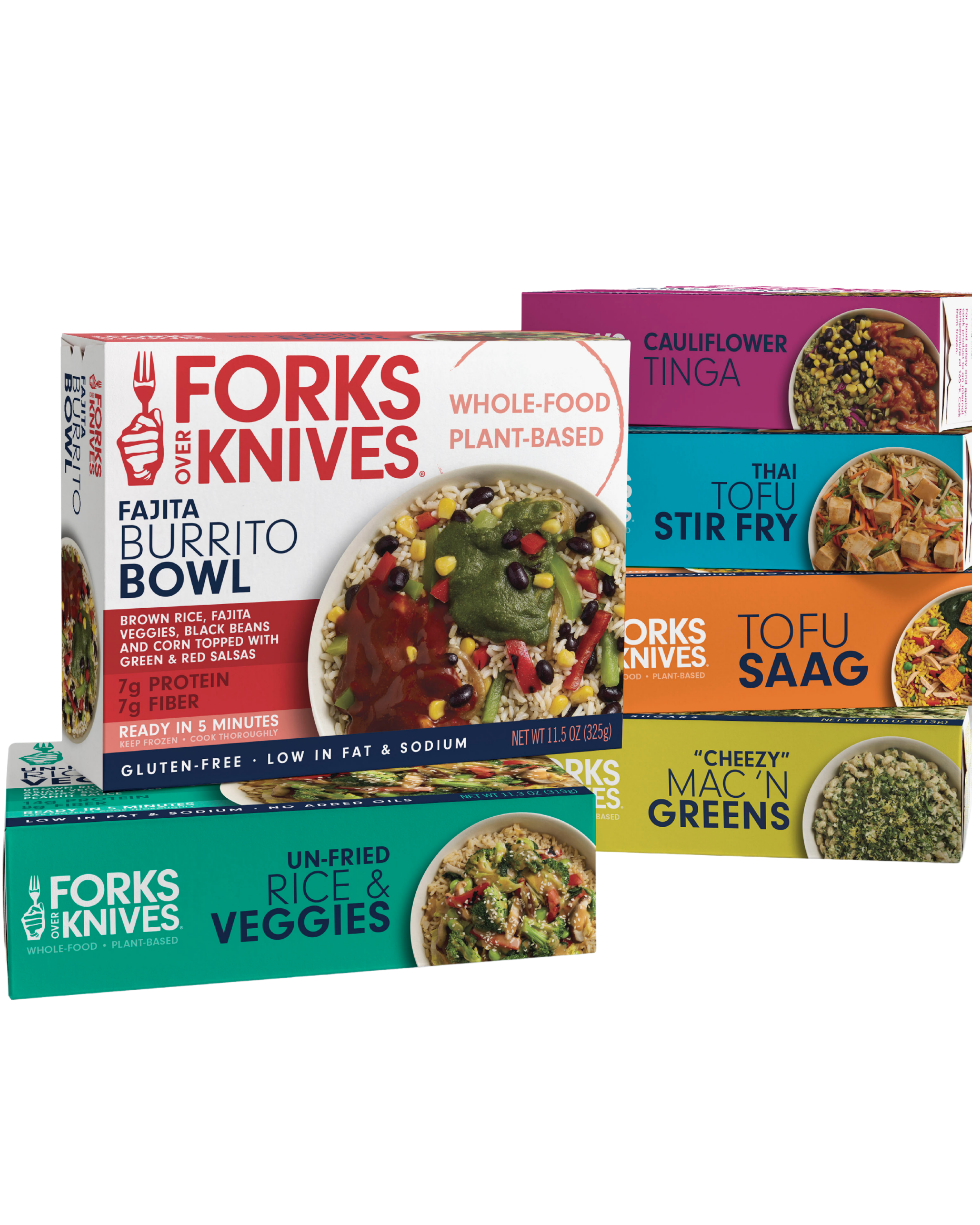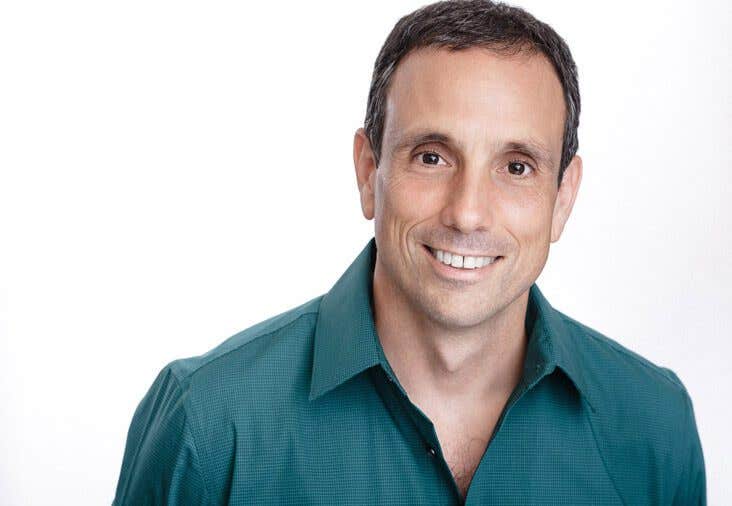In the summer of 2008, I was visiting a friend and noticed The China Study, by Dr. T. Colin Campbell, on his bookshelf. I was aware of the book, the positive reviews it was receiving and the author’s interesting background. I was intrigued that a leading nutritional biochemist, with roots on a dairy farm and in traditional academia, would change his long-held views over the course of a remarkable career.
My friend could see I was anxious to read the book. So although he hadn’t read it himself, he loaned it to me. By this time, I had long been interested in nutrition and had come to the thinking that degenerative diseases were for the most part avoidable, and probably even reversible, through a healthy plant-based diet and lifestyle. Making a convincing case for it, though, was elusive.
For many years, I felt helpless by the suffering of loved ones and frustrated that their doctors would indicate surgery and medicine as the best and only answer. I had a different way of thinking. While these loved ones were interested in what I had to say, I wasn’t a doctor, so my thoughts didn’t carry the weight to make a difference.
After reading The China Study, life would change. In his book, Dr. Campbell wrote about his own peer-reviewed research, which was remarkable in its breadth and scope. Campbell also wrote about the abundance of reliable research that shared a consistent conclusion. I came to realize that there was persuasive evidence about diet and health—and it was beyond anything I had imagined. Further, the case for what worked was simple, clear, and consistent. This was big news that for some reason was not reaching the public.
Many of us and our loved ones are medicated, sick and dying prematurely. Due to skyrocketing health care costs and an aging population, it is burdening our economy in an unsustainable way. This is arguably the issue of our time. Yet we have before us what could be a real solution to a real problem—if only we would take it seriously.
I knew I wanted to dedicate my life to this subject. Ultimately a feature film seemed like the most effective medium to bring this hopeful message to as many people as possible—and to do so without interference. A feature film would also be an effective way to deliver what this concept needed: moving stories with impactful visual images. It is one thing, for example, to read about a heart disease patient who likely would have passed away twenty years ago. It's something different to see that person before you, alive and well, sharing their story.
With these concepts in mind, Forks Over Knives was born.
Related News
Get Our Best Price On The Forks Meal Planner

Forks Meal Planner takes the guess work out of making nutritious meals the whole family will enjoy.
Master Plant-Based Cooking!

Our new course features over 100 lessons, 50+ recipes, downloadable guides, and more!
New Frozen Meals!

Introducing our new frozen meals: Doctor-recommended, chef-crafted, & ready in minutes.




